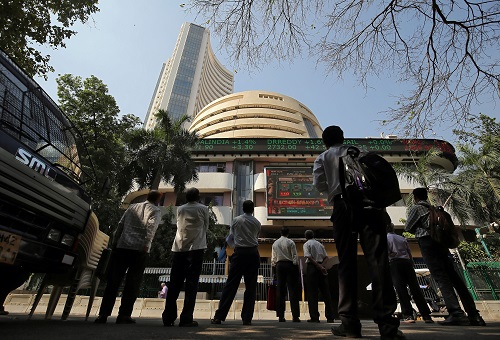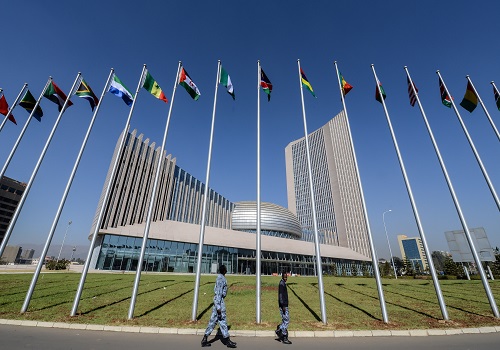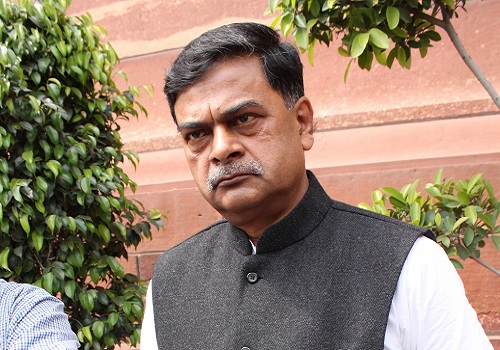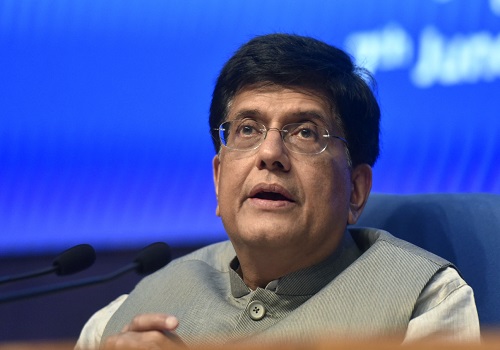Finance takes centre stage at COP27 climate talks
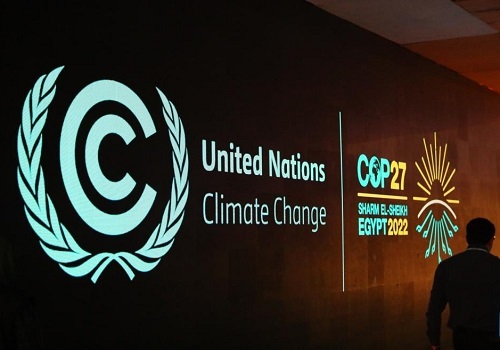
Follow us Now on Telegram ! Get daily 10 - 12 important updates on Business, Finance and Investment. Join our Telegram Channel
With the world requiring between $4 trillion and $7 trillion per year to shift towards sustainable development, the pressing issue of climate finance kicked off the UN Climate Change Conference's (COP27) Thematic Days Agenda by reiterating it as a cornerstone for implementing climate action to save lives and livelihoods around the world.
In the first of 11 themed days at COP27, Finance Day addressed several aspects of the climate finance ecosystem, including innovative and blended finance and financial instruments, tools and policies that have the potential to enhance access, scale up finance and contribute to the transition envisaged and needed, including those related to debt for environment swaps.
"Financing underpins the development of an energy transition pathway for Africa, but the unsustainable levels of public debt countries are managing acts as a block on advancing necessary climate initiatives," COP27 President Sameh Shoukry, who is also the Egyptian Foreign Minister, said on Wednesday.
Finance Day featured a robust program of 26 events, including a Ministerial roundtable and saw the launch of the Reducing the Cost of Sustainable Borrowing initiative.
The Rockefeller Foundation announced more than $11 million in grants to 10 organisations scaling Indigenous and regenerative agriculture practices around the world.
Evidence makes clear the central role food systems can play in mitigating climate change. The funding will help scale the development, data analysis, financing, and education around regenerative agricultural practices, which can improve global food systems and mitigate the global food crisis.
It is estimated that the world will require between $4 trillion and $7 trillion per year, to shift towards sustainable development and meet agreed Paris Agreement targets, and Wednesday's events enabled further cooperation to help close that gap.
The sessions aimed to bring together all stakeholders involved in the climate agenda -- from the public and private sectors to philanthropic entities, Multilateral Development Banks (MDBs) and the UN bodies, with the view to crafting an inclusive and just financing roadmap that supports the global South in implementing their adaptation and mitigation plans and renewing the commitment of developed nations to provide the necessary funding to "Leave No One Behind".
At the opening ceremony, Egyptian Prime Minister Mostafa Madbouly spoke to the significance of Finance Day, featuring an intensive program that included the discussion of topics that encourage the finance sector to assist the transformation to a sustainable economy and expressed hope that the conversations would be translated into serious commitments for finance adaptation.
During the panel discussion, Climate Finance in a Polycrisis Era, key themes including innovative finance, financing just transition, sovereign debt for sustainability and climate change, and the role of the private sector in mobilising resources were addressed.
Private finance was highlighted as essential to deliver trillions of dollars needed to limit global warming to 1.5 degrees and ambition, action and accountability identified as critical to unlocking finance.
Access to low-cost finance was further addressed, with pragmatic solutions, deals, commitments, and pledges to reduce the cost of green loans. Discussions also involved adaptation plans and increasing the bankability and attractiveness to investors of adaptability projects.
During the day, several panels took place including: Mobilising Finance for Climate Action, wherein the key takeaway was a call for the doubling of finance compared to 2019 levels in 2025 by making the commitment for developed countries to step up financing so that developing countries to be reassured that no one will be left behind.
Some 50 activists, including representatives of the youth and persons with disabilities, plus a Pikachu, the fictional Pokemon creature, and a T-Rex lookalike -- characters that we remember well from COP26 in Glasgow -- demanded an end to the financing of fossil fuels.
"While the wealthiest governments are claiming climate leadership, they are actually funnelling billions of dollars towards new gas, oil, and coal projects, this will worsen the climate crisis," one of them told the massive group of journalists and delegates who paused their busy schedules to listen.
The activists' t-shirts read 'Stop funding fossil fuels', a message directed at those attending the first of the thematic days of COP27, on finance.
The day concluded with COP27 facilitating a meeting of the heads of the African sovereign wealth funds, helping to mobilise investments and public private partnerships for increasing climate action.








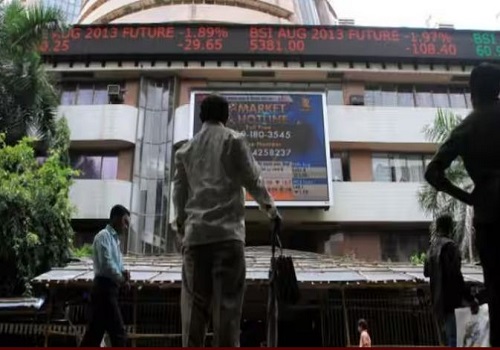



 320-x-100_uti_gold.jpg" alt="Advertisement">
320-x-100_uti_gold.jpg" alt="Advertisement">



